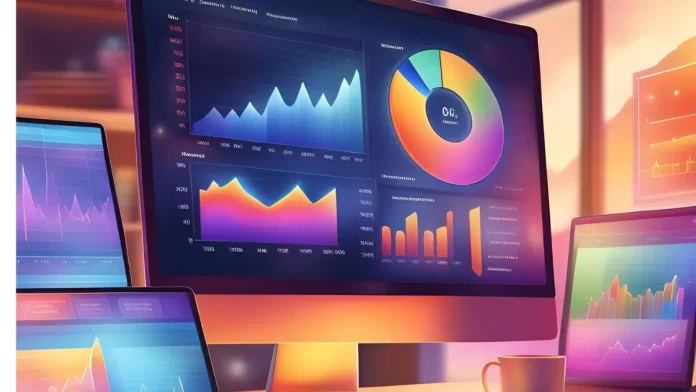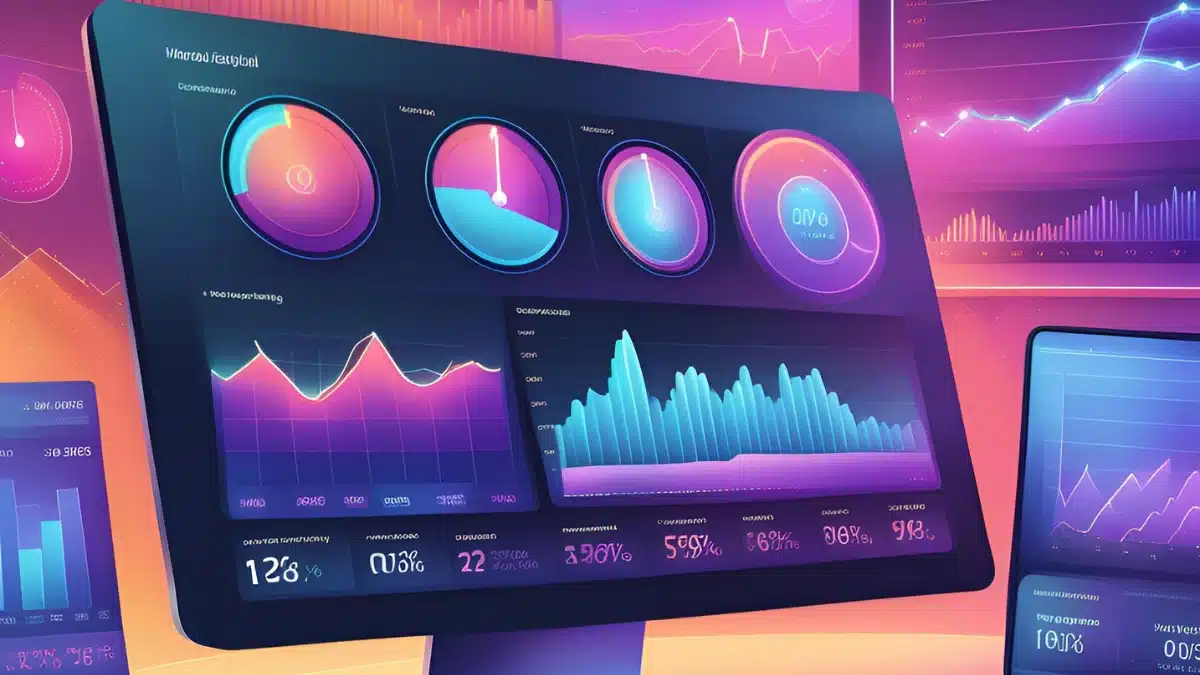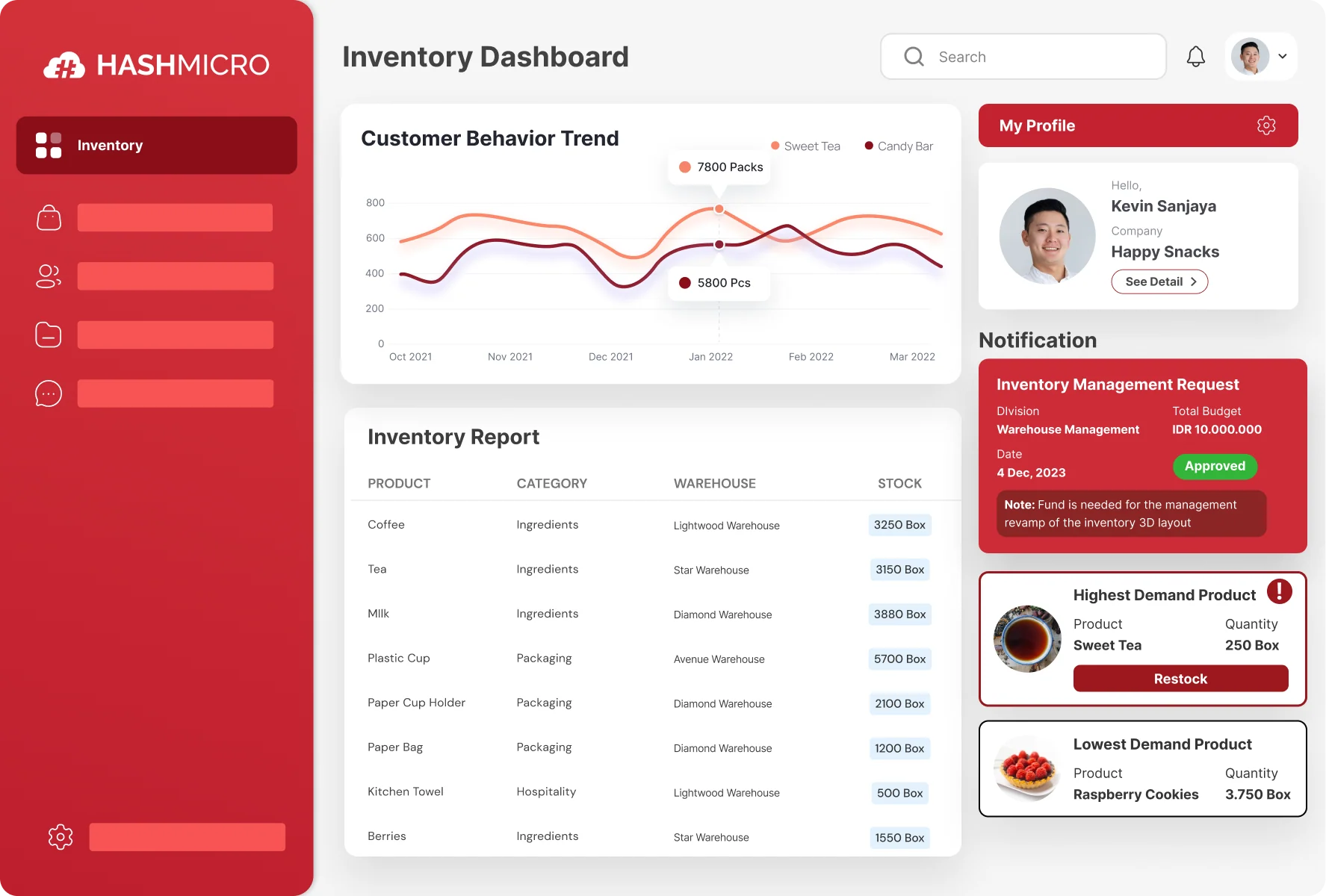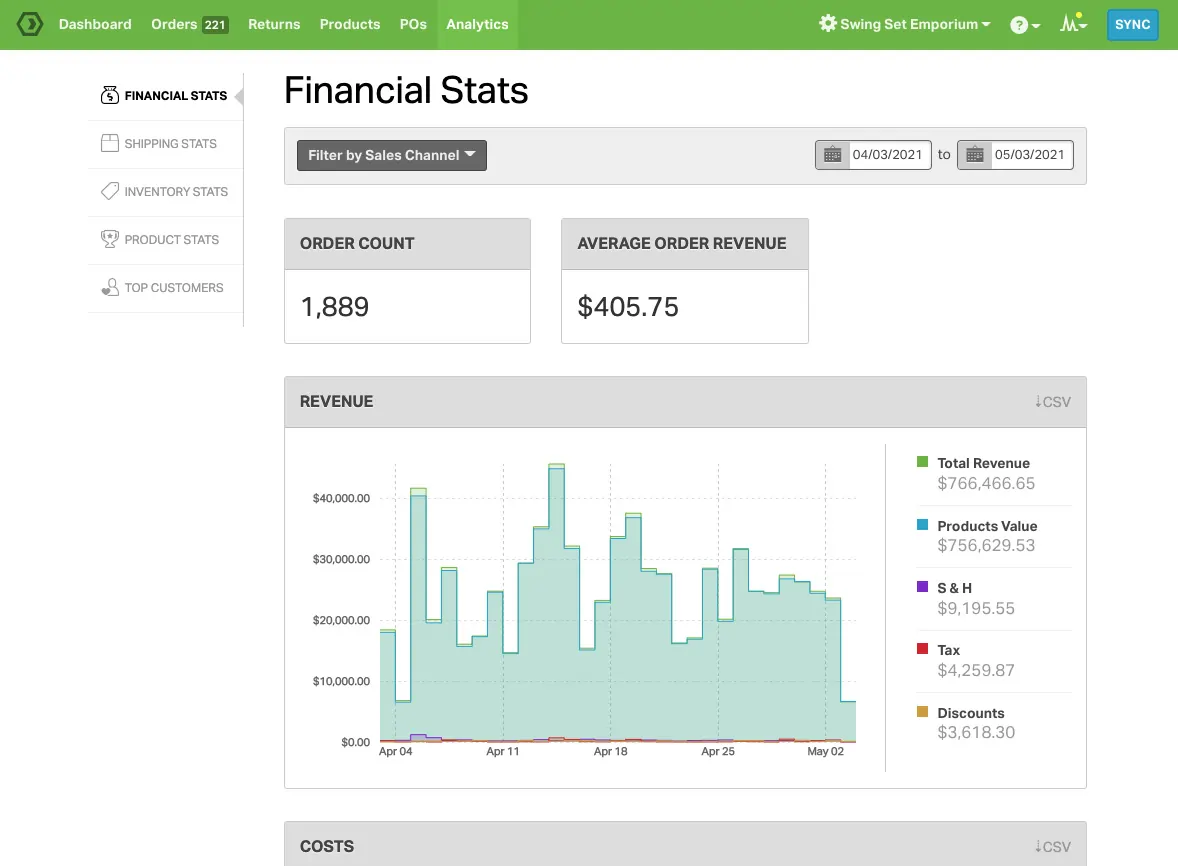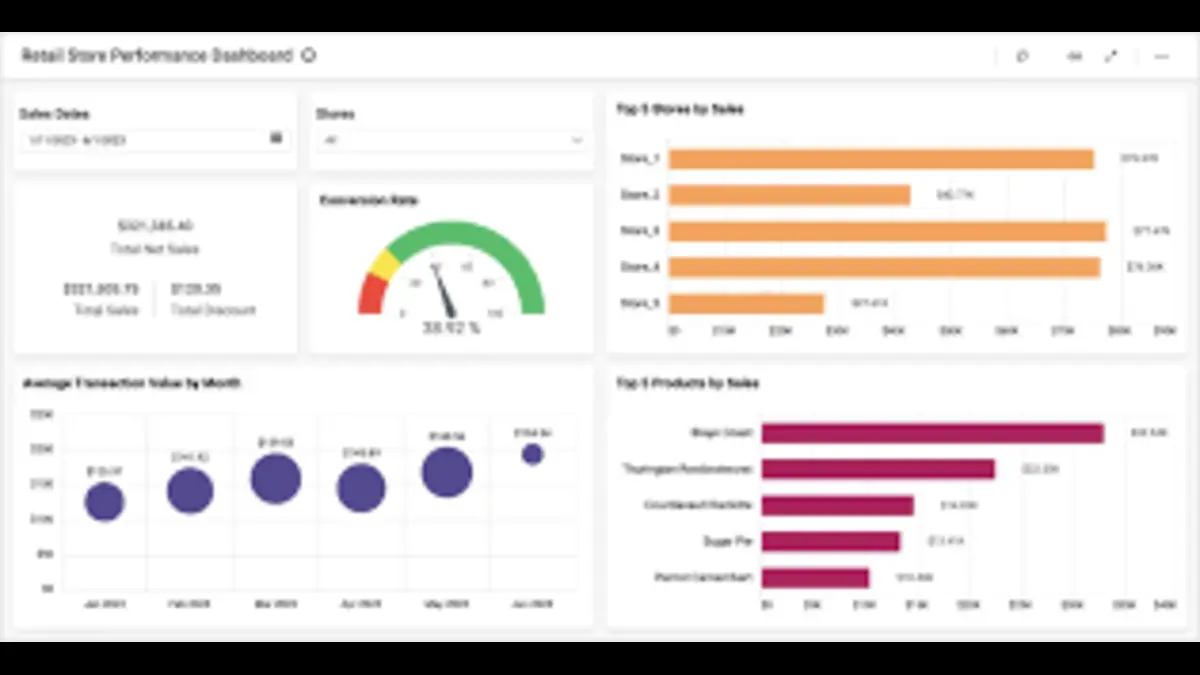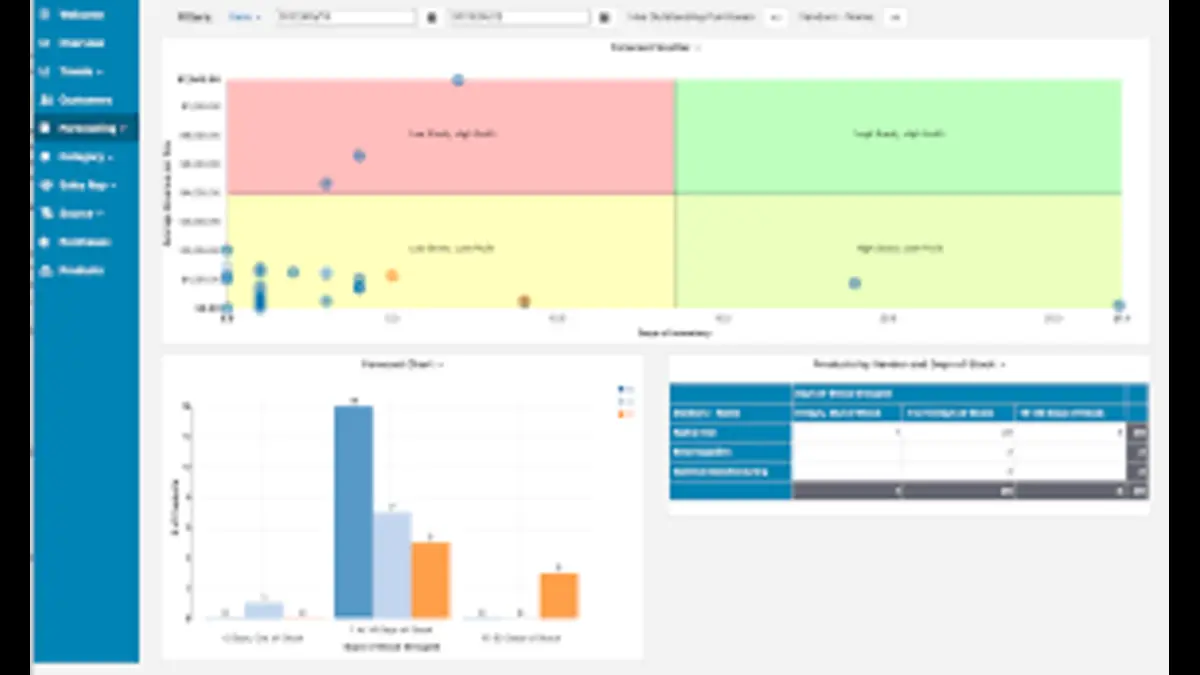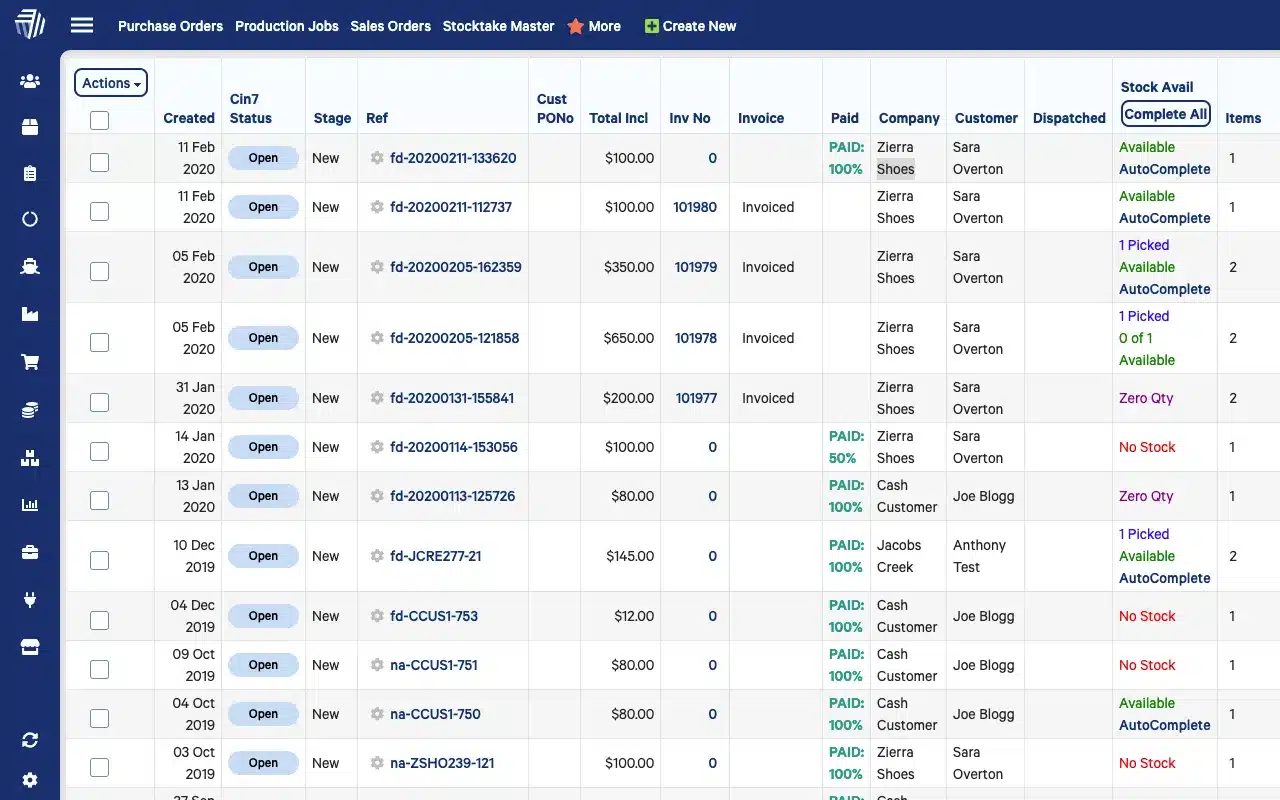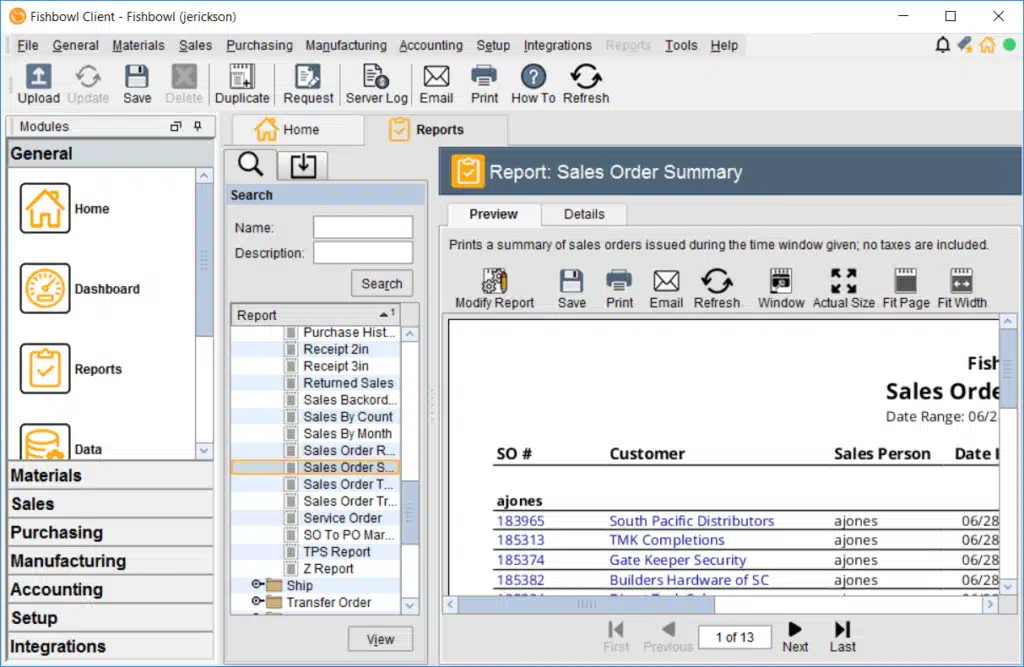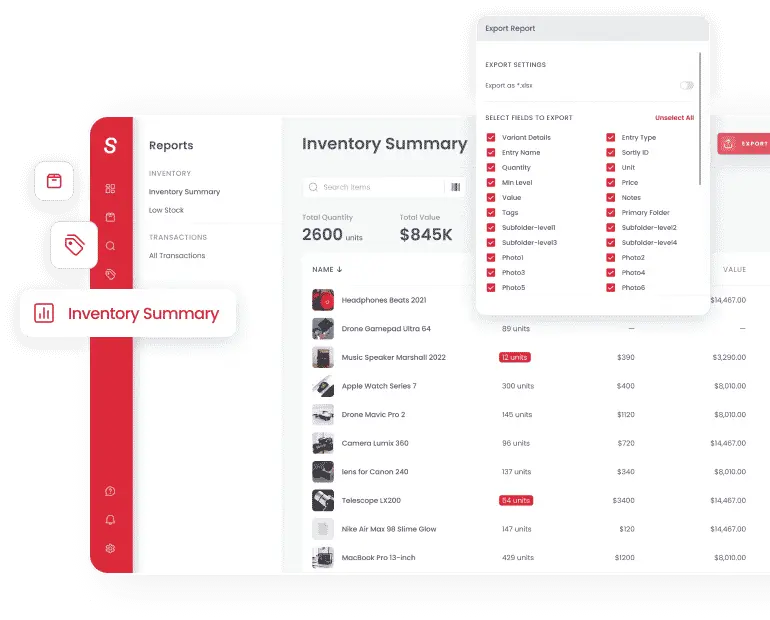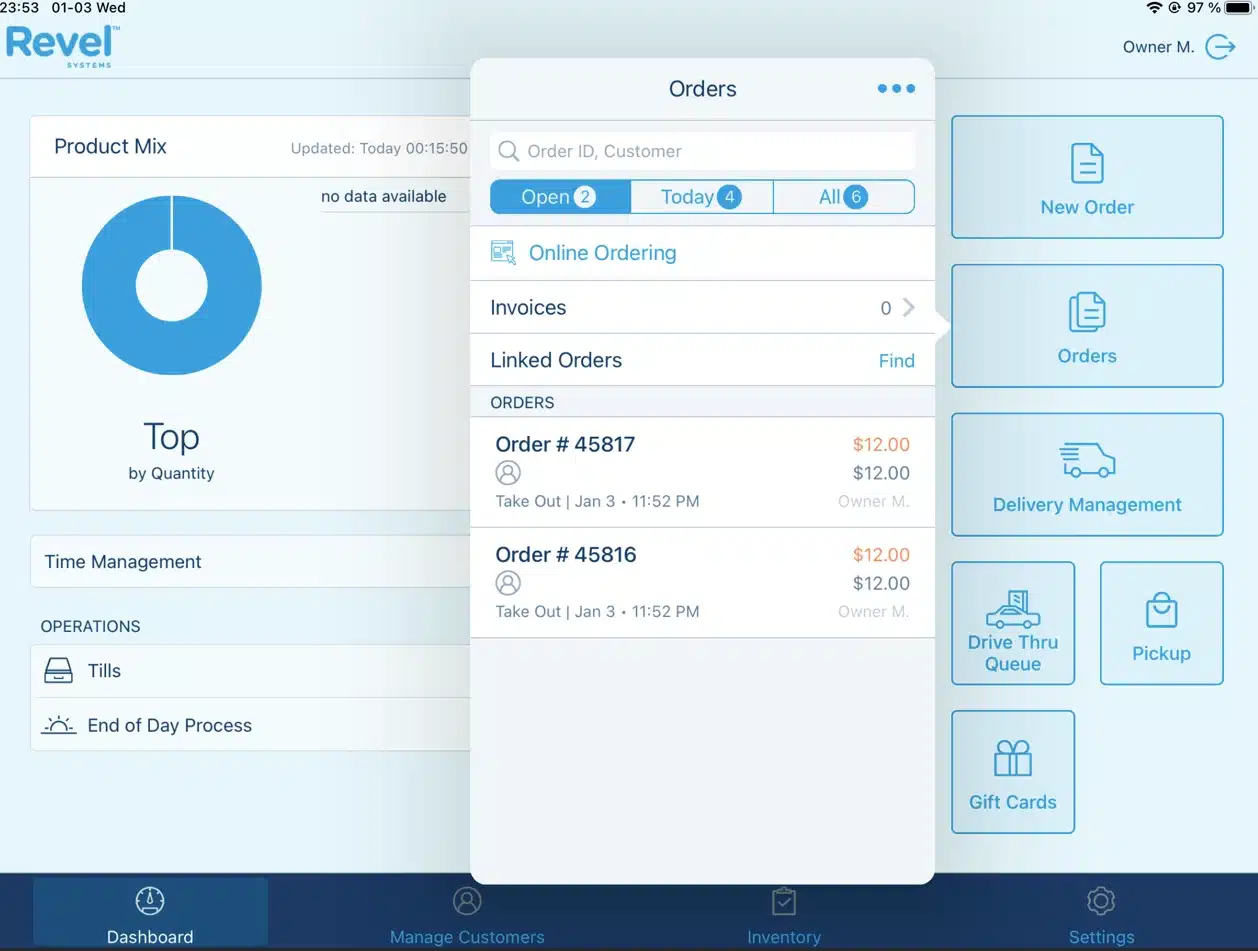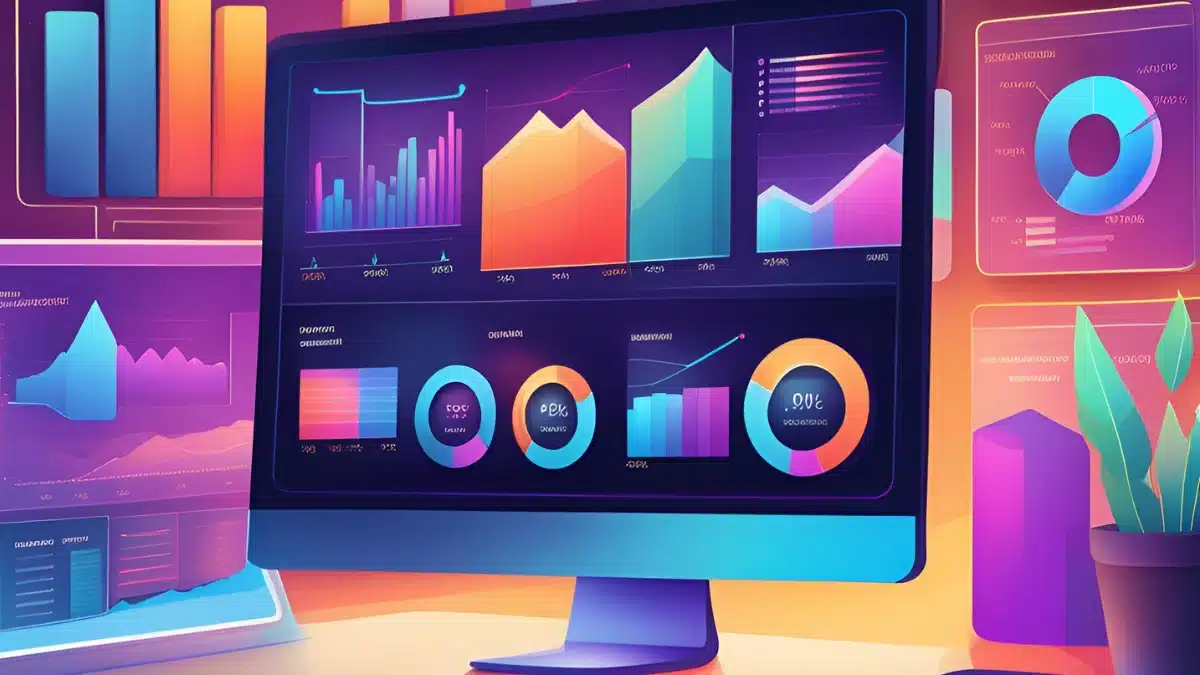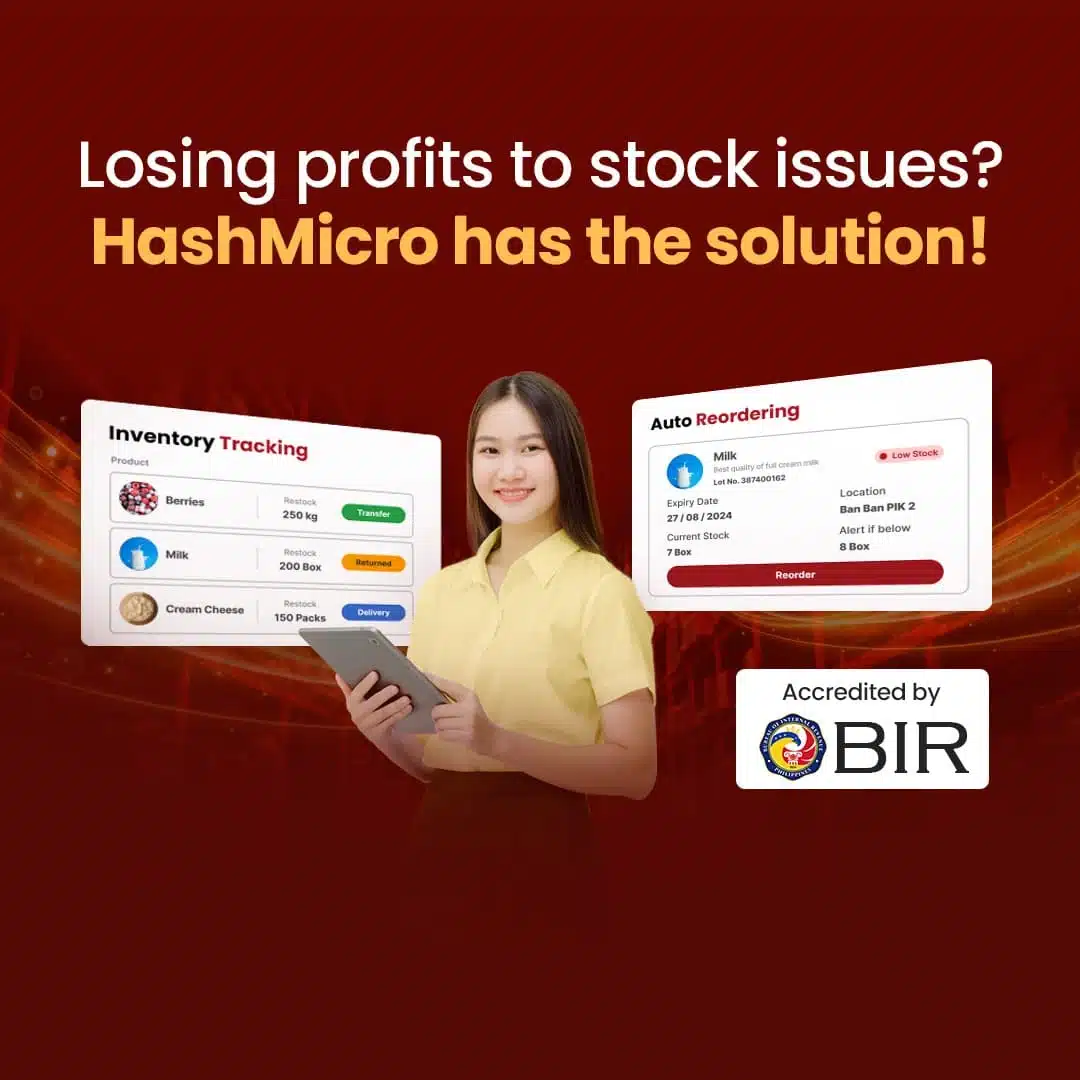Your shelves are full, but your bestsellers are out of stock. Your team’s buried in spreadsheets, yet your inventory numbers never match. If you’re in retail, you know how fast poor stock control can kill a sale—or worse, a loyal customer. If it sounds familiar, then you might need to use retail inventory software.
Implementing a digital system isn’t a luxury anymore; it’s a must. It’s the difference between running a store and running a smooth, scalable business. But how do you find the right one for your business?
If you’re still searching, why don’t you try HashMicro Inventory Software? It’s designed for companies with large amounts of stock that need a system that can arrange their goods nicely and give accurate predictions and trends with insightful reports.
We will also discuss the other 10 best retail inventory systems so you can objectively compare them and thus choose the best solution.
Table of Contents
Key Takeaways
|
One Minute Review
Keeping track of stock is essential for retail success. Retail inventory management software automates tracking, prevents stock issues, and improves efficiency. Here are the best options:
-
HashMicro: Best overall with AI automation and real-time tracking.
-
Ordoro: Manages multichannel inventory with shipping integration.
-
Partkeepr: Open-source solution for tracking stock and parts.
-
inFlow Inventory: Ideal for small businesses with barcode scanning.
-
Shopify: E-commerce platform with built-in inventory tracking.
-
RightControl: Simple inventory system for small retailers.
-
Vend: Cloud-based POS with inventory features.
-
Cin7: Automates stock tracking across sales channels.
-
Fishbowl: Integrates with QuickBooks for advanced tracking.
-
Sortly: A visual app for easy stock management.
-
Revel: POS with real-time inventory monitoring.
What is Retail Inventory Software?
Retail inventory software is a digital tool that helps businesses efficiently manage stock levels, track products, and optimize inventory processes. In retail, where supply chain accuracy and customer satisfaction are crucial, this retail management software ensures smooth operations and minimizes costly errors.
Retail inventory management software enables real-time stock monitoring, preventing issues like understocking or overstocking. Features such as automated stock updates, sales trend tracking, and insightful reporting help retailers plan more effectively and make informed decisions.
By using retail inventory systems, businesses can manage product categories, set automatic reordering alerts, and generate detailed sales and stock movement reports. This eliminates manual tracking and aligns inventory with actual sales data, improving operational efficiency and competitive advantage.
Need to know!
Running out of stock or over-ordering? Hashy AI automates stock updates, analyzes sales trends, and sends reorder alerts! So your inventory stays in sync with customer demand, always.
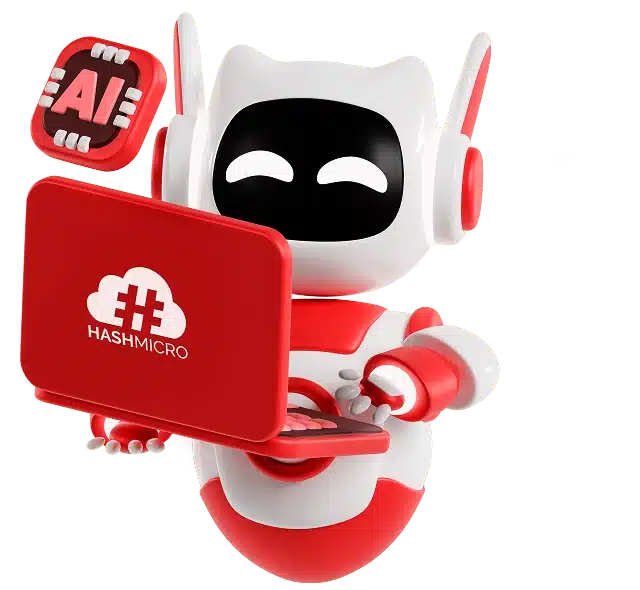
Get a Free Demo Now!
Benefits of Retail Inventory Software
Implementing retail inventory software can offer numerous benefits that will streamline your operations and increase profitability. Here are some key advantages that businesses can enjoy:
- Improved inventory accuracy: Retail inventory management software automatically updates stock quantities in real-time, minimizing manual errors and providing an accurate inventory overview. This ensures stock levels reflect what’s available in the store or warehouse.
- Better stock control: Retail inventory control software helps balance supply and demand by monitoring product levels and triggering reorders when necessary. This prevents overstocking or stockouts, ensuring products remain available for customers.
- Cost savings: By reducing waste, avoiding overstocking, and identifying slow-moving items, retail inventory software helps businesses save on operational costs. This enables data-driven decisions regarding product discontinuation or discounts to boost profitability.
- Enhanced customer satisfaction: A retail inventory management system ensures popular products are always available, reducing out-of-stock frustrations. It also provides insights into customer buying patterns, helping businesses optimize stock levels based on demand.
- Increased efficiency and time savings: Retail inventory software automates tasks like stock tracking and report generation, freeing up time for employees to focus on other essential tasks. This boosts overall productivity and reduces the manual effort spent on inventory management.
- Real-time data access: With access to real-time inventory data, businesses can make quick, informed decisions about stock adjustments or customer demand. This is essential for staying competitive and responsive to fast-paced retail trends.
Top 11 Inventory Management Software for Retail
As the retail landscape becomes increasingly competitive, having the right inventory management system is essential for streamlining operations and improving profitability. Retail inventory management software helps businesses efficiently track stock levels, optimize product availability, and meet customer demand in real-time.
Below, we highlight the top 11 retail inventory management software solutions for 2025, each offering unique features to enhance efficiency, accuracy, and customer satisfaction in your retail operations.
1. HashMicro Inventory Software
HashMicro’s inventory management software for retail provides a quick, easy, and complete inventory management solution for various types of businesses of all sizes, including construction. Therefore, HashMicro Inventory Management Software helps many companies in Indonesia and Singapore simplify their inventory management, from generating barcodes, monitoring stock levels in real-time picking and packing processes. Ordering to suppliers, and shipping orders to customers.
HashMicro key features
- Efficient goods tracking: Barcode management ensures precise and swift tracking of goods.
- Streamlined stock requests: Automatic stock request management handles requests across store branches or warehouses.
- Tailored integration: Customization and integration in a retail management system align with your company’s unique requirements and growth.
- Automated inventory operations: Optimal and automatic stock recording streamlines warehouse and inventory processes.
HashMicro pros and cons
| Pros | Cons |
|
|
HashMicro ideal user
Large-scale businesses looking for comprehensive inventory management solutions.
HashMicro pricing
2. Ordoro
Ordoro is a comprehensive web platform designed to handle the entire product sales process. It offers a robust retail inventory management system that integrates smoothly with various features such as shipping, kitting, dropshipping, automation, barcode scanning, and insurance.
Ordoro key features
-
Seamless shipping integration
-
Supplier performance analytics
-
Streamlined returns management
-
Continuous product data updates
Ordoro pros and cons
| Pros | Cons |
|
|
Ordoro ideal user
Businesses needing automation for shipping, kitting, and dropshipping.
Ordoro pricing
- Free: $0
- Advanced: $349/month.
- Premium: $499/month.
3. Partkeepr
Partkeepr is an open-source retail inventory software designed for managing inventory in retail stores. While the design of the downloadable source code may appear outdated, reminiscent of designs from the previous decade, it can be easily updated and customized with a few adjustments to the retail inventory management system code.
Partkeepr key features
-
Source code available for download
-
Includes essential stock tracking features
-
Easily customizable with code adjustments
-
Suitable for developers or tech-savvy users
Partkeepr pros and cons
| Pros | Cons |
|
|
Partkeepr ideal user
Businesses looking for an open-source solution with customizable features.
Partkeepr pricing
Partkeepr is an open-source inventory management system.
4. inFlow Inventory
inFlow Inventory is a digital tool designed to streamline product inventory management. What sets it apart is its simpler and more intuitive software design, making it user-friendly. With its automated capabilities, inFlow serves as a reliable retail inventory management system.
inFlow Inventory key features
-
Sales tracking functionality
-
Invoicing feature included
-
Supports smooth business operations
inFlow Inventory pros and cons
| Pros | Cons |
|
|
inFlow Inventory ideal user
Small to medium-sized businesses seeking an intuitive, user-friendly system.
inFlow Inventory pricing
- Entrepreneur: $186/month.
- Small Business: $436/month.
- Mid-Size: $999/month.
5. Shopify
Shopify is an e-commerce inventory management software that enables users to showcase their products and services online. With Shopify’s straightforward interface, you can spend less time setting up your online store by selecting from available templates or starting from scratch.
Shopify key features
-
Virtual storefront for brand building
-
Quick setup with templates
- Seamless retail inventory experience
Shopify pros and cons
| Pros | Cons |
|
|
Shopify ideal user
E-commerce businesses looking for an integrated inventory and sales platform.
Shopify pricing
- Basic plan: $19/month.
- Grow plan: $49/month.
- Advanced plan: $299/month
- Plus plan: $2.300/month
Read more: Top Construction Inventory Management Software
6. RightControl
RightControl is a dependable retail inventory software designed to simplify inventory management. This retail inventory management system is accessible only through personal computers and features a design similar to other popular business software.
RightControl key features
-
User-friendly retail inventory software
-
Focused on inventory tracking
-
Straightforward and dependable solution
RightControl pros and cons
| Pros | Cons |
|
|
RightControl ideal user
Businesses are looking for a straightforward, intuitive inventory management solution.
RightControl pricing
- Solo: $0.99/month.
- Pro: $4.99/month.
- Workgroup: $19.99/month.
7. Vend
Vend provides a comprehensive retail inventory management system that integrates seamlessly with other retail POS system. Vend is accessible through both its mobile app and web platform, making it convenient for businesses to manage their retail inventory software from anywhere.
Vend key features
-
Stock control capabilities
-
Multi-channel inventory management
-
Supports product listings across platforms
Vend pros and cons
| Pros | Cons |
|
|
Vend ideal user
Retailers seeking multi-channel inventory management.
Vend pricing
- Lite plan: $119/month.
- Pro plan: $159/month.
8. Cin7
Cin7 is a sophisticated enterprise-level retail inventory management system. It automates and streamlines the entire inventory lifecycle, assisting in forecasting and calculating future costs.
Cin7 key features
-
Extensive inventory management tools
-
Real-time inventory visibility
-
Full traceability across channels
-
Manages multiple sales locations
-
Integrates third-party logistics management
Cin7 pros and cons
| Pros | Cons |
|
|
Cin7 ideal user
Large enterprises needing sophisticated inventory and order management.
Cin7 pricing
- Standard: $349/month.
- Pro: $599/month.
- Advanced: $999/month.
- Omni: Custom quotation
Read More: Top Manufacturing Inventory Software
9. Fishbowl
Fishbowl is a top-tier retail inventory management system designed to integrate smoothly with QuickBooks. It provides comprehensive solutions for warehouse management, along with inventory, manufacturing, and shipping management—all within one platform, making it an ideal retail inventory software.
Fishbowl key features
- Supports complex manufacturing processes
- Ensures inventory accuracy
- Manages multiple warehouse locations
Fishbowl pros and cons
| Pros | Cons |
|
|
Fishbowl ideal user
Businesses that require advanced inventory control and manufacturing management.
Fishbowl pricing
- Fishbowl drive: Starting at $349.00/2 users/month.
- Fishbowl advanced: Starting at $399.00/2 users/month.
10. Sortly
Sortly is a simple and intuitive retail inventory management system that makes inventory management easy for beginners. Unlike other applications, Sortly also allows you to track raw materials in addition to finished products. Additionally, inventory reports can be easily imported and exported in bulk via CSV.
Sortly key features
-
Generates QR codes and barcodes
-
Streamlines product tracking
-
Customizable data entry fields
Sortly pros and cons
| Pros | Cons |
|
|
Sortly ideal user
Businesses looking for a simple and intuitive inventory management solution.
Sortly pricing
- Advanced plan: $24 for 2 users.
- Ultra plan: $74.00 for 5 users.
- Premium plan: $149 for 8 users.
- Enterprise plan: Contact Sortly for a custom quote.
11. Revel
Revel is an all-in-one retail inventory management system that combines both hardware and software. Its retail inventory software works seamlessly with other features such as delivery and employee management.
Revel key features
-
Real-time stock visibility
-
Auto-generates purchase orders
-
Simplifies inventory management
Revel pros and cons
| Pros | Cons |
|
|
Revel ideal user
Businesses that need an all-in-one POS and inventory management solution.
Revel pricing
$99 per month and an additional fee for installation of $649.
Key Features of Retail Inventory Software
When selecting the right retail inventory management software, it’s crucial to ensure it includes the key features that will best serve your business. The right software should not only streamline your inventory tracking but also help improve the overall efficiency of your retail operations.
Here are some essential features to look for in a good retail inventory system:
- Real-time inventory tracking: Ensures up-to-date information on stock availability, helping prevent stockouts and overstocking across multiple locations.
- Automatic stock replenishment: Sends reorder alerts or automatically places orders with suppliers when stock falls below a defined threshold, reducing stockouts on high-demand items.
- Multi-location management: Allows inventory management across all locations from a single dashboard, ensuring synchronized stock levels and minimizing inventory imbalances.
- Barcode scanning integration: Simplifies inventory updates and reduces manual errors by integrating barcode scanning for accurate product tracking and sales.
- Inventory reporting & analytics: Provides detailed reports and insights into sales trends and stock performance, helping businesses optimize inventory strategies and forecast demand.
- Integration with other systems: Ensures smooth data transfer and automation by integrating with POS, accounting software, and e-commerce platforms, reducing manual work.
- Mobile access: Offers cloud-based platforms or mobile apps for real-time updates and decision-making, accessible from anywhere, anytime.
- Stock valuation & cost tracking: Helps businesses track the true cost of inventory, including COGS and profitability, enabling better margin management.
- Returns & refunds management: Simplifies the process of tracking and processing returns and exchanges, ensuring inventory levels are automatically updated.
- User-friendly interface: Provides an intuitive, easy-to-navigate interface, ensuring quick team adoption and efficient use without extensive training.
Tips for Choosing Retail Inventory Software
Selecting the right retail inventory management software for your business can be a game-changer, but with so many options available, it can be challenging to determine which one will best suit your needs. Here are some practical tips to help guide you in choosing the right system for your retail operation:
1. Assess your business needs
Before investing in retail inventory software, take a step back and assess the specific needs of your business. Consider factors like the size of your business, the number of locations, your inventory turnover rate, and whether you need features like multi-channel integration or advanced reporting. For example, a small boutique may not require the same robust features as a large chain store. Identifying your requirements upfront will help narrow down your options.
2. Look for scalability
As your business grows, your software needs will likely change. Look for a retail inventory management system that offers scalability, meaning it can grow alongside your business. Ensure that the software can handle an increase in inventory size, more locations, and more complex reporting needs as you expand your operations.
3. Evaluate integration capabilities
A key feature to look for is integration. Your retail inventory management software should be able to integrate seamlessly with other systems such as your POS, accounting software, and e-commerce platforms. Having an integrated system ensures that your data is consistent across all platforms, reducing manual work and improving overall efficiency.
4. Consider ease of use
The software should be user-friendly and easy to navigate. Your team will be using it daily, so you want to ensure they can easily learn how to use it without extensive training. Most modern inventory management systems come with intuitive dashboards and simple interfaces that make managing stock levels and generating reports a smooth experience.
5. Check for mobile access
In today’s fast-paced retail environment, mobile access is increasingly important. Ensure the software you choose offers mobile apps or cloud-based functionality that allows you and your team to access inventory data on the go. This feature is particularly useful for retailers who have multiple locations or require real-time data when away from the store.
6. Read customer reviews and testimonials
Customer reviews can provide valuable insight into the pros and cons of a particular retail inventory system. Look for feedback from other businesses in your industry to get an understanding of how the software performs in real-world conditions. Pay attention to customer support responsiveness, ease of use, and how well the system handles scaling.
7. Request a free demo
Most retail inventory management software providers offer free trials or demos. Take advantage of this by requesting a demo and testing out the software before committing. This will give you a hands-on understanding of its features and functionality, helping you assess whether it’s the right fit for your business.
8. Consider cost and ROI
Finally, consider the cost of the software in relation to the value it provides. While it’s tempting to choose the most affordable option, make sure you’re not compromising on essential features. An investment in quality retail inventory control software will provide a strong return on investment by improving efficiency, reducing waste, and increasing customer satisfaction.
Conclusion
Choosing the right retail inventory software can significantly improve your business by ensuring accurate tracking, efficient stock management, and optimized operations. Whether you’re managing one store or multiple locations, the right system can reduce costs, save time, and enhance customer satisfaction.
With features like real-time tracking, automatic stock replenishment, and insightful reporting, retail inventory management software helps you make smarter decisions and stay competitive.
For a comprehensive solution that integrates seamlessly with your business operations, HashMicro’s Retail Inventory Management Software is the perfect choice. Ready to streamline your inventory management? Try a free demo today and experience the benefits firsthand.
FAQs Retail Inventory Software
-
What is retail inventory software?
Retail inventory software is a digital tool designed to help businesses manage their stock efficiently. It tracks product levels, automates restocking, and provides insights into inventory trends, helping businesses avoid stockouts, reduce waste, and improve customer satisfaction.
-
How can retail inventory management software improve my business?
By automating inventory processes, this software reduces errors, saves time, and ensures that your inventory is always accurate. It helps you maintain optimal stock levels, reduces the risk of overstocking or running out of products, and provides real-time insights for smarter decision-making.
-
What are some essential features to look for in retail inventory software?
Key features to look for include real-time inventory tracking, automatic stock replenishment, barcode scanning, detailed reporting and analytics, integration with other systems (like POS or accounting software), and mobile access.
-
How much does retail inventory software typically cost?
The cost of retail inventory management software varies based on factors like the number of users, the size of your business, and the features you require. While some software options offer basic plans, more comprehensive systems with advanced features may have higher monthly fees. It’s important to consider both the software’s cost and the value it will bring to your business.
-
Can retail inventory software be used for multiple store locations?
Yes, most modern retail inventory systems support multi-location management, allowing businesses to track and manage inventory across different stores or warehouses from a single dashboard. This ensures consistent stock levels and efficient order management across locations.



